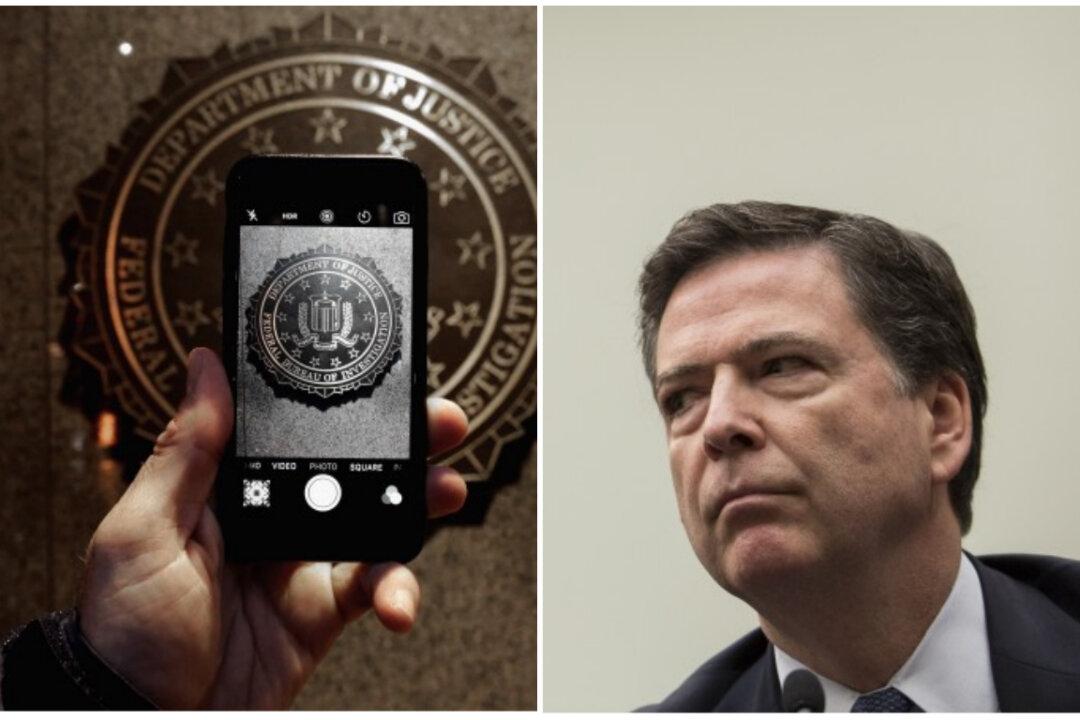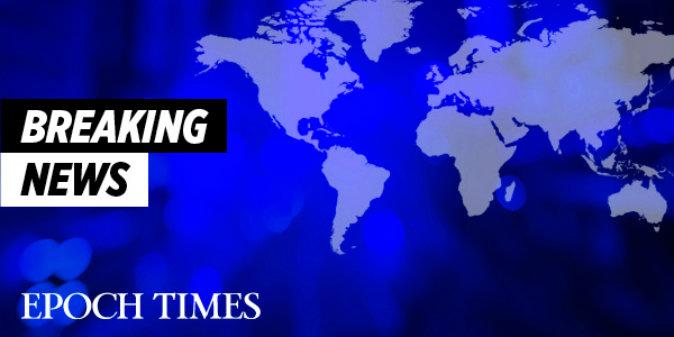FBI Director James Comey said the bureau’s effort to unlock the San Bernardino shooter’s iPhone “involved spending tons of money.”
Just how much money did it cost though? At least over $1 million, according to a live-streamed interview with The Aspen Institute on April 21.
When the interviewer asked Comey what it cost the FBI, after an immediate chuckle, he responded with, “A lot.”
Following up with: “More than I will make in the remainder of this job, which is 7 years and 4 months, for sure.”
A salary check through PayWizard indicated that Comey makes an estimated $178,800 annually.
And when his salary is applied to the time he says has left on the job—it’s approximately $1,400,000.
“But it was, in my view, worth it, it’s a tool that helps us,” he said. “I think it’s very, very important that we get into that device.”
After going into specifics, Comey declined the question regarding outsourcing the software to other agencies, saying the software they used was “too specific” and would be “not scalable” on a cost level.
In February, the FBI obtained a court order directing Apple to create software that would allow authorities to access the password-protected phone—iPhone 5c, running iOS 9—of Syed Rizwan Farook, one of the killers of the Dec. 2 mass shooting in San Bernardino, Calif.
But Apple refused, saying such software would compromise security for all users, since the company would not be able to guarantee the software wouldn’t fall into the wrong hands.
After finding its own way to access files on the San Bernardino iPhone, the Justice Department dropped the court order against Apple.
At an event in Ohio on April 6, the FBI director has said he is “very concerned” about companies like Apple and Google creating privacy features that might allow people to evade law enforcement.
But, he did concede that, “If I were their [Apple’s] lawyer, I would have made the same argument. I believe it was a reasonable argument even if I have a different view of the law.”




